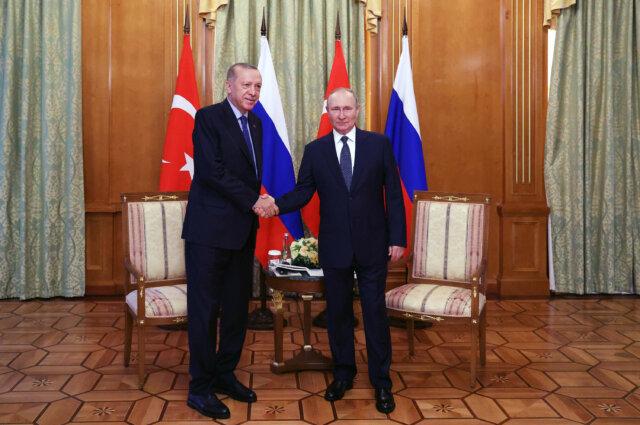News Analysis
Despite its longstanding membership in the Western NATO alliance, Turkey this week confirmed its intention to join BRICS, a nine-nation economic bloc dominated by heavyweights Russia and China.

Despite its longstanding membership in the Western NATO alliance, Turkey this week confirmed its intention to join BRICS, a nine-nation economic bloc dominated by heavyweights Russia and China.